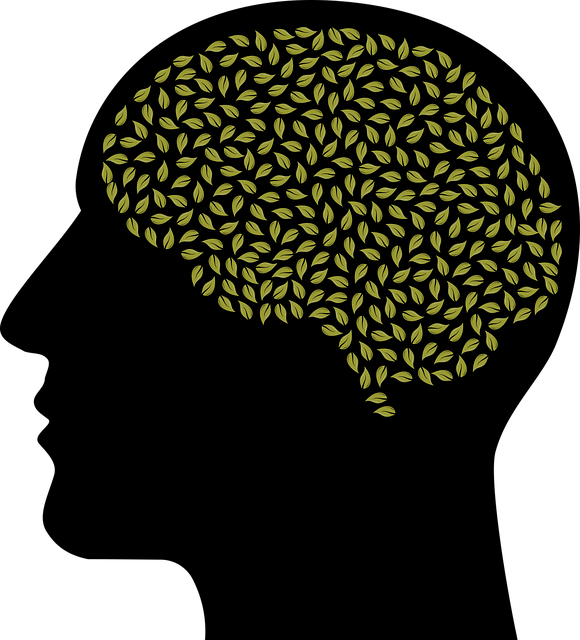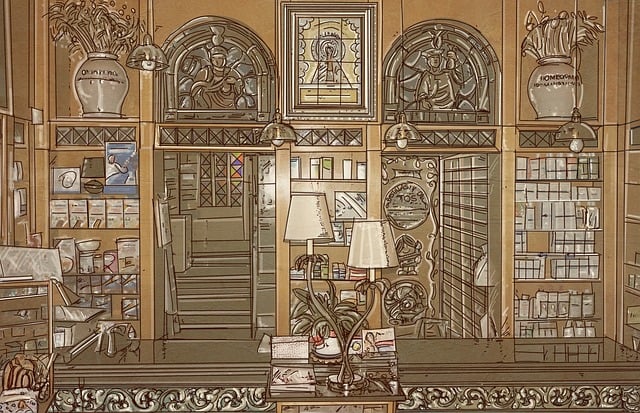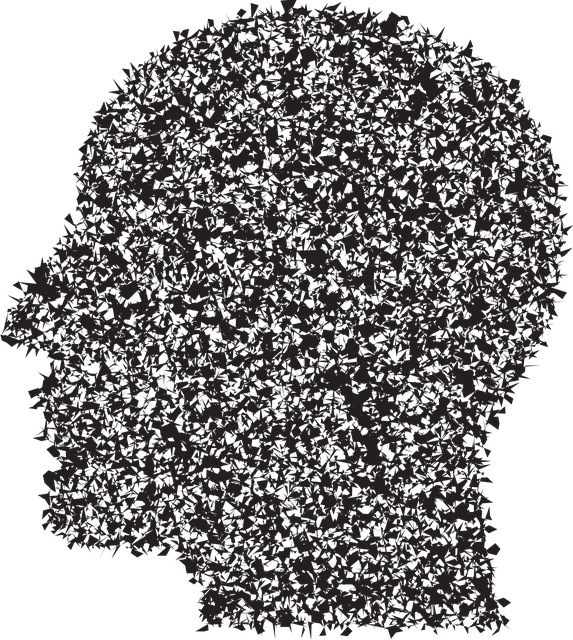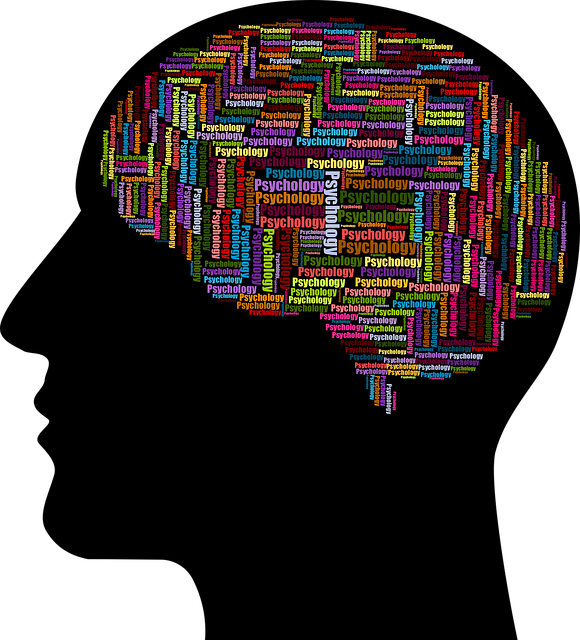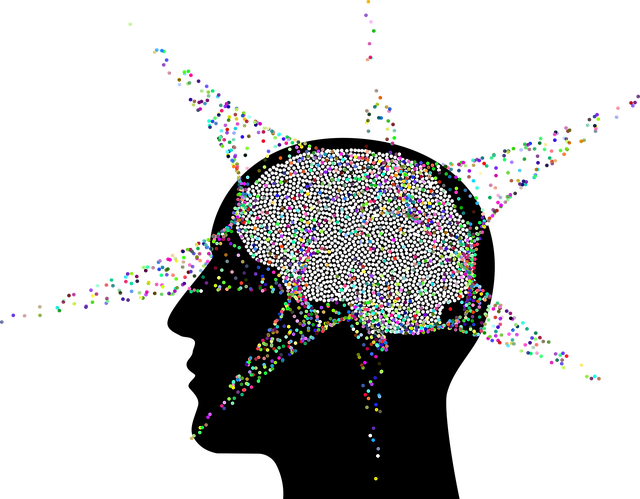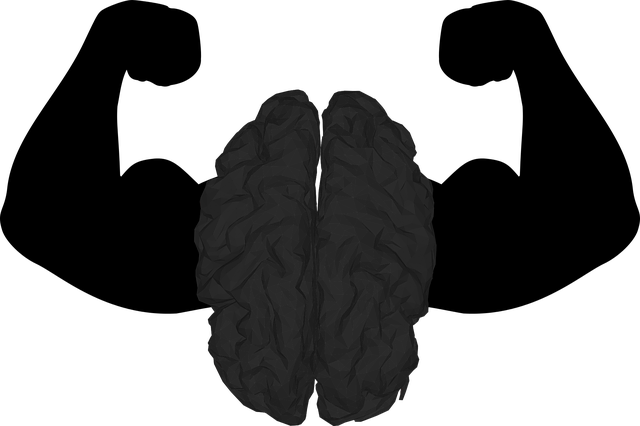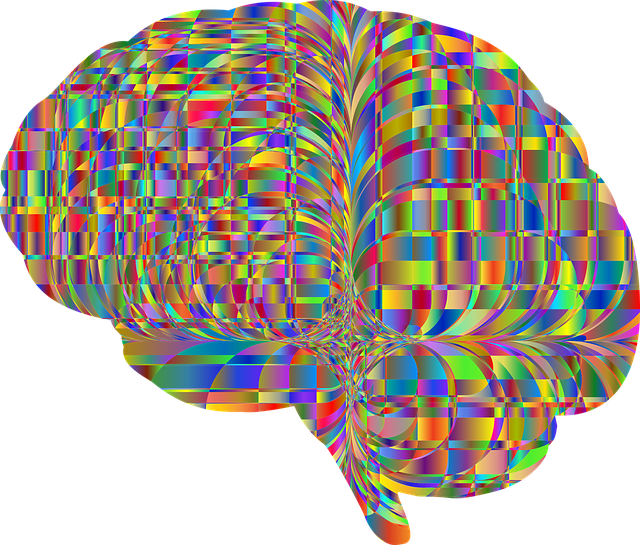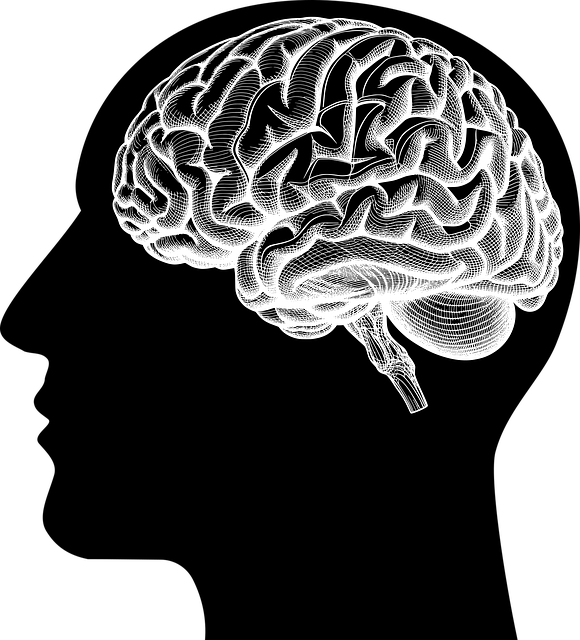Golden Veterans Therapy emphasizes cultural sensitivity in mental healthcare for elderly veterans, addressing unique challenges like PTSD and social isolation. They offer tailored services through cognitive behavioral therapy, mindfulness practices, and community support. By integrating patient cultures, communication styles, and preferred therapeutic techniques, the therapy creates safe, inclusive environments that enhance trust, engagement, and therapeutic outcomes. Comprehensive training on cultural competency, bias awareness, and effective communication ensures skilled care, preventing burnout and improving patient satisfaction across diverse communities.
Cultural sensitivity is a cornerstone of effective mental healthcare, especially when serving diverse populations. In this article, we explore how understanding cultural nuances can revolutionize patient care, highlighting key practices through case studies like Golden Veterans Therapy, which tailors services for elderly veterans. We also present practical strategies for clinical settings to foster an inclusive environment, ultimately enhancing patient outcomes. Discover how these approaches ensure every individual receives respectful, culturally sensitive mental healthcare.
- Understanding Cultural Sensitivity: A Cornerstone of Effective Mental Healthcare for Diverse Populations
- Golden Veterans Therapy: Tailoring Services to Meet the Unique Needs of Elderly Veterans
- Strategies for Practicing Cultural Sensitivity in Clinical Settings: Enhancing Patient Care and Outcomes
Understanding Cultural Sensitivity: A Cornerstone of Effective Mental Healthcare for Diverse Populations

Cultural sensitivity is a cornerstone of effective mental healthcare for diverse populations, ensuring that services are accessible, respectful, and relevant to individuals from various backgrounds. It goes beyond simply treating symptoms; it involves understanding and acknowledging the intricate interplay between cultural beliefs, values, and mental health practices. For instance, Golden Veterans Therapy recognizes that traditional healing methods and coping strategies can vary widely across cultures, emphasizing the need for healthcare providers to be equipped with cultural competency skills.
By integrating communication strategies tailored to individual needs, healthcare providers can create safe spaces that foster trust and engagement. This approach not only enhances therapeutic outcomes but also contributes to burnout prevention strategies for healthcare providers, as it reduces the risk of miscommunication and misunderstandings. Comprehensive training in healthcare provider cultural competency is essential, covering topics such as implicit biases, microaggressions, and effective communication techniques. Such training equips professionals with the tools to navigate complex cultural landscapes, ultimately improving patient care and satisfaction across diverse communities.
Golden Veterans Therapy: Tailoring Services to Meet the Unique Needs of Elderly Veterans

Golden Veterans Therapy is a specialized service designed to cater to the unique mental healthcare needs of elderly veterans. As our aging population includes a significant number of military veterans, it’s crucial to acknowledge and address their distinct challenges. These may include post-traumatic stress disorder (PTSD), depression, and other mental health issues often compounded by physical health concerns and social isolation. By employing tailored therapy models, such as cognitive behavioral therapy and mindfulness practices, Golden Veterans Therapy focuses on effective stress reduction methods and mood management.
The program goes beyond individual therapy sessions to foster a supportive community among peers with shared experiences. This sense of belonging is vital in promoting open dialogue about mental health struggles, encouraging the adoption of conflict resolution techniques, and ultimately enhancing overall well-being. Golden Veterans Therapy recognizes that veterans’ transitions from military to civilian life can be challenging, offering them the necessary tools to navigate these changes while prioritizing their psychological resilience.
Strategies for Practicing Cultural Sensitivity in Clinical Settings: Enhancing Patient Care and Outcomes

In clinical settings, practicing cultural sensitivity is paramount to enhancing patient care and outcomes. Golden Veterans Therapy emphasizes the importance of understanding a patient’s cultural background, traditions, and beliefs as integral components of their holistic health. This approach involves actively listening to patients’ stories, incorporating their preferred communication styles, and adapting therapeutic techniques to align with their cultural norms. By creating a safe, inclusive environment where patients feel respected and understood, mental healthcare providers can foster stronger relationships, leading to improved engagement and adherence to treatment plans.
The integration of Mental Wellness Coaching Programs Development is a powerful strategy within this framework. These programs not only promote emotional regulation but also empower individuals to prevent depression by providing them with tools and knowledge tailored to their unique cultural contexts. Through culturally sensitive practices, Golden Veterans Therapy ensures that every patient receives personalized care, ultimately contributing to better mental health outcomes and fostering a more inclusive healthcare system.
In the pursuit of providing equitable mental healthcare, cultural sensitivity is an indispensable tool. As highlighted by our exploration of Golden Veterans Therapy and various clinical strategies, recognizing and respecting diverse cultural backgrounds significantly enhances patient care. By fostering environments that are inclusive and tailored to individual needs, mental health professionals can ensure effective treatment outcomes for all, regardless of their cultural heritage. This approach not only benefits patients but also strengthens the overall healthcare system by embracing diversity as a strength.

